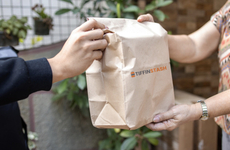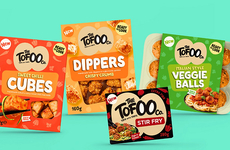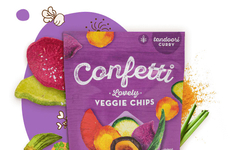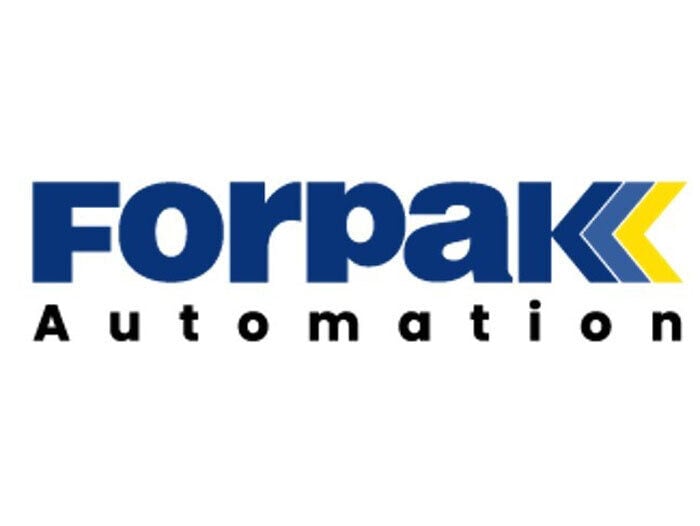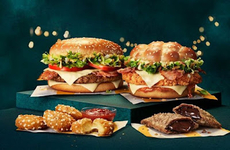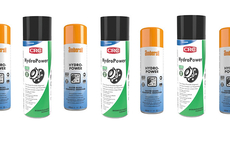
Forpak Automation Unveils a New Stackable Food Solution
References: forpak & perishablenews
Forpak Automation has unveiled LayerPak, its latest innovation in food manufacturing technology. Designed to enhance efficiency in high-volume food processing, LayerPak is particularly suited for products that require stacking or paper insertion.
This cutting-edge solution combines servo grouping, automated paper insertion, machine vision inspection, and rapid multi-layer stacking, offering producers unmatched precision and throughput. Built for durability and ease of maintenance, LayerPak is a mechanical, non-robotic system with full washdown capability, meeting NSF 3A sanitary standards for hygiene.
"LayerPak addresses our customers’ growing demand for automated, hygienic food production that can support high volumes in constrained spaces,” said James Potter, President of Forpak Automation. “It allows manufacturers to increase production speeds, significantly reduce labor costs and scrap, as well as ensure product quality. We are maniacally focused that our solutions are the easiest to operate and have paybacks of 1-2 years."
Image Credit: Forpak Automation
This cutting-edge solution combines servo grouping, automated paper insertion, machine vision inspection, and rapid multi-layer stacking, offering producers unmatched precision and throughput. Built for durability and ease of maintenance, LayerPak is a mechanical, non-robotic system with full washdown capability, meeting NSF 3A sanitary standards for hygiene.
"LayerPak addresses our customers’ growing demand for automated, hygienic food production that can support high volumes in constrained spaces,” said James Potter, President of Forpak Automation. “It allows manufacturers to increase production speeds, significantly reduce labor costs and scrap, as well as ensure product quality. We are maniacally focused that our solutions are the easiest to operate and have paybacks of 1-2 years."
Image Credit: Forpak Automation
Trend Themes
1. Automated Multi-layer Stacking - The integration of automated multi-layer stacking enables food manufacturers to accelerate production speeds while minimizing the need for manual labor.
2. Hygienic Machine Design - Focus on hygienic machine design aligns with growing regulatory demands, providing a significant competitive advantage in food safety compliance.
3. Non-robotic System Efficiency - The development of efficient, non-robotic systems for food processing offers a durable and maintenance-friendly alternative to traditional robotic solutions.
Industry Implications
1. Food Processing Equipment - Advancements in food processing equipment technology are paving the way for more compact and efficient production facilities.
2. Automation Technology - Automation technology is evolving to enhance productivity, reduce waste, and improve the quality control processes in manufacturing.
3. Sanitary Equipment Manufacturing - The emphasis on sanitary equipment manufacturing meets stringent cleaning standards, catering to the health-conscious demands of today's consumers.
6.4
Score
Popularity
Activity
Freshness



